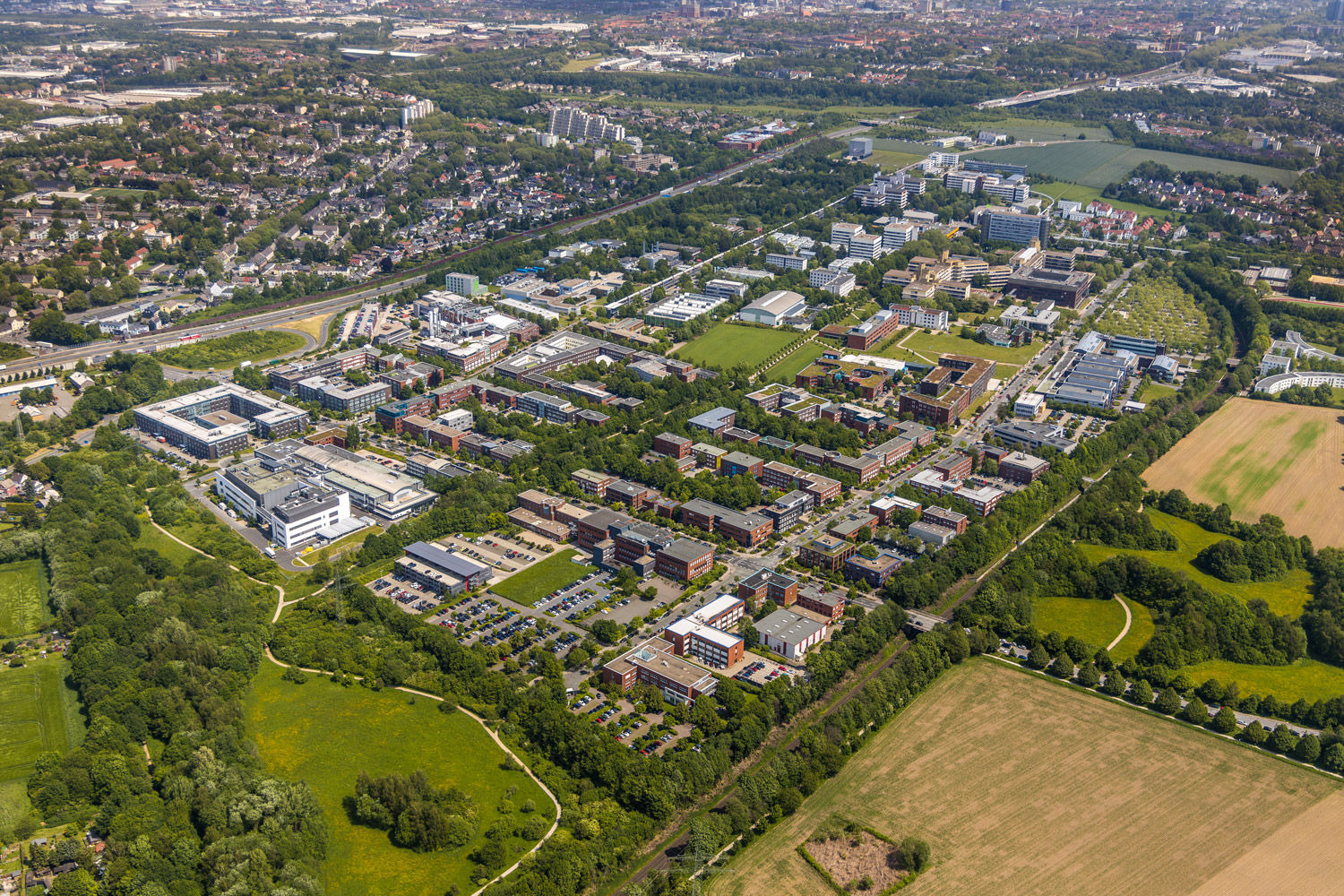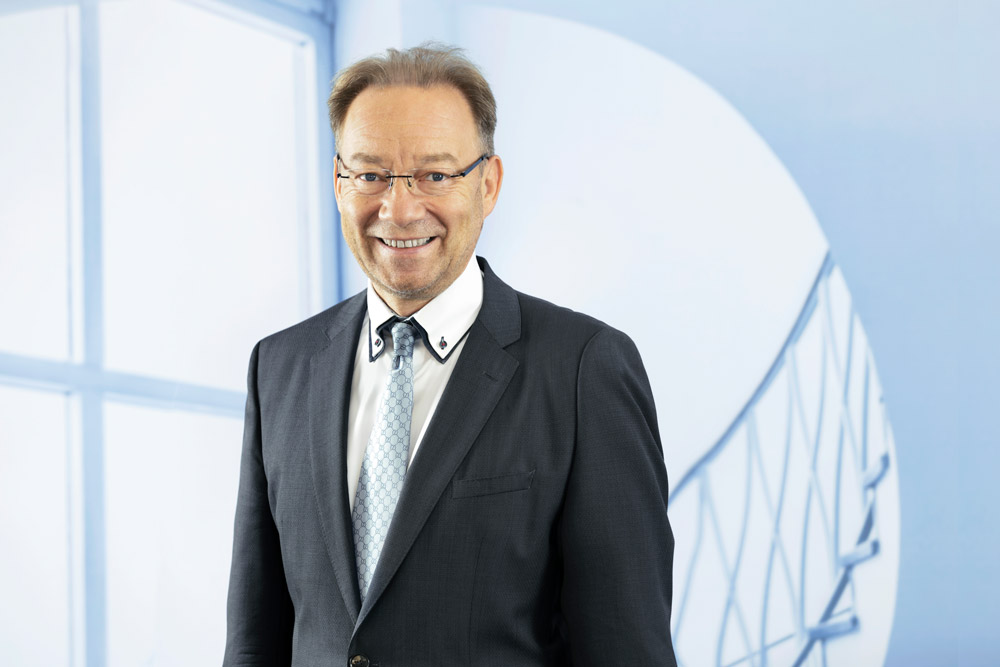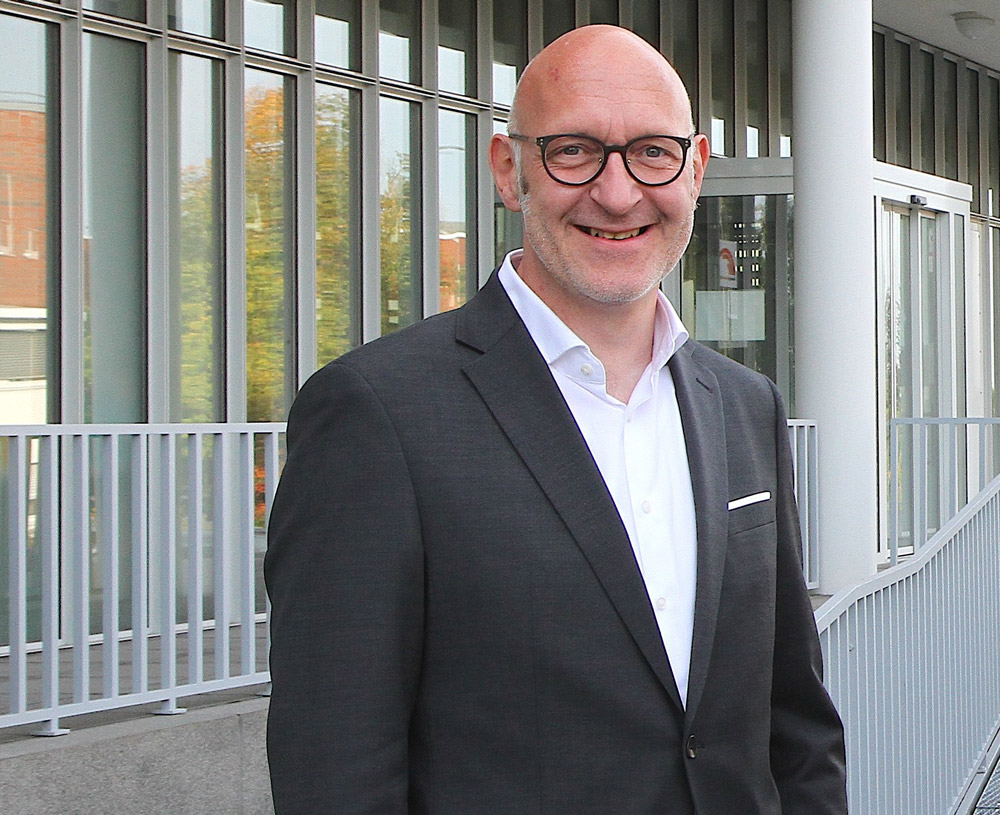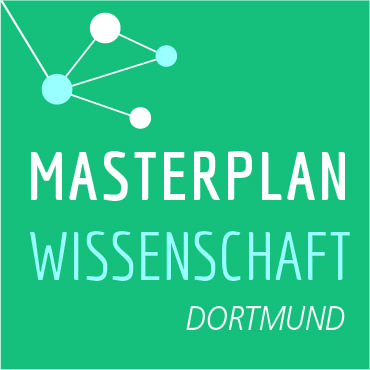Focus group 3: Knowledge Economy
Focus group 3 / ‘Knowledge Economy’ links science and business and deals with the innovation potentials that arise from cooperation.
Dortmund’s economy is particularly characterized by medium-sized companies. In addition, there is a close network of relationships between science and business here. Dortmund companies are actively involved in cooperation measures of the transfer institutions. In recent years, a larger number of knowledge-based startups have settled in the city, benefiting from the networking. Joint projects resulting from this are, for example, the Excellence Start-up Center.NRW of the TU Dortmund University, the Start-up Center of the Fachhochschule Dortmund - University of Applied Sciences and Arts, the STARTUP.INNOLAB as well as the "Round Table Mittelstand".
Overarching goals:
- Strengthening the Westphalian science and business region
- Advancement of regional cooperation, transfer and start-ups
- Development of the location and new innovation centers
Projects and approaches:

Projects and approaches:
Establishment of a ‘Digital Hub’
The goal is to position the Westphalian science and business area as a Digital Hub and to develop it into an incubator for digitization. This will ensure that companies from the region implement their R&D and, in particular, their activities in the area of digitization in Dortmund. In the past, such business areas were mainly located in the TechnologieZentrumDortmund and Technologiepark Dortmund.
The Digital Hub Logistics in the TechnologieZentrumDortmund and the Competence Center 4.0 offer a complementary offer for direct collaboration with science. Building on the experience and concepts of the Digital Hub Logistics, a joint concept with corresponding offers is to be formulated in close cooperation with the stakeholders involved and brought into operational use.
Innoclub
Der innoclub ist ein Projekt der Dortmund Chamber of Industry and Commerce, das von TU Dortmund University, Fachhochschule Dortmund - University of Applied Sciences and Arts, Economic Development Agency of Dortmund und ISM Dortmund unterstützt wird. Gemeinsam und im engen Schulterschluss mit Partnerunternehmen, Mentor*innen und Netzwerkpartnern wird die Innovationskraft in Dortmund gestärkt und dem Westfälischen Ruhrgebiet und machen Start-ups zu Scale-ups.
Die große Stärke des innoclubs ist das branchenübergreifende Netzwerk aus Unternehmen, Mentor*innen und institutionellen Partner*innen. Die Partner*innen fördern Innovationen und Unternehmertum und möchten die Transformation der Wirtschaft aktiv mitgestalten. Dafür teilen sie Erfahrungen, Wissen, Fähigkeiten und Ressourcen untereinander und prägen den Club mit ihrem individuellen Engagement.
Startup Ecosystem Dortmund
In the development of a startup ecosystem in Dortmund, two factors have been positively reinforced in recent years: a very startup-friendly environment at the universities and in the economy in general has led to the emergence of numerous knowledge-intensive companies. In addition, there is an increased interest in startups and their innovations on the part of the public, politics and industry. This has given rise to further initiatives, projects and, in some cases, internationally recognized event formats in Dortmund.
Through the interplay of excellent basic research, application-oriented research close to the market, a broad range of (startup) teaching, innovative projects and good networking of all relevant partners, a large number of publicly funded projects could be acquired, which further stimulate the startup activity.
At the supra-regional level, state initiatives such as the ruhr:HUB are attempting to make the startup scene of the Ruhr region visible as a unit and thus to develop greater appeal. The South Westphalia strategy of the Economic Development Agency has built a bridge between Dortmund and South Westphalia, which can be attractive for Dortmund startups.
As part of the Science Master Plan 2.0, a longterm project entitled "Startup ecosystem Dortmund: EVALUATE - CONNECT - MAKE VISIBLE" is to be initiated. The aim of the project is to review existing structures in order to make opportunities and overlaps visible. Special attention is also paid to the networking of stakeholders and international visibility (see also project profile).
The Transfer Region Dortmund - Westphalian Science & Economic Area
For many years, numerous institutions in Dortmund have been initiating knowledge and technology transfer to the region, and a close intermeshing of science and business has been taking place at the Science and Technology Campus. There are successful research cooperations and transfer experiences with a large number of companies and networks in Dortmund and the region.
The transfer to date has been strongly oriented toward technology and innovation, especially with regard to the universities. The "third mission" calls for a broader transfer approach that also takes into account the transfer of knowledge to society, e.g. through the social commitment of universities that acknowledge their social responsibility. Likewise, there must be a shift in thinking from a supply-oriented to a demand-oriented understanding of transfer.
Another aspect is the consideration of transfer through the exchange between scientists and specialists and managers as well as activities in the area of recruiting and career service. In addition, the dialogue with citizens contributes to new impulses and sharpens the profile of regional transfer.
The aim is also to identify and involve new companies with an interest of transfering to Dortmund and the region and thus to strengthen Dortmund and the Westphalian science and business region as a transfer region in Germany. Cooperation partners are important as multipliers for establishing new contacts. The universities can help to create a greater awareness of the opportunities for cooperation.
As a first project, the working group is planning a transfer network that brings together the participating actors and ensures an exchange about local transfer activities. Through the bundled know-how of the partners, in-depth knowledge about innovative transfer approaches can be localized and developed together and, if necessary, with the help of companies (see also project profile).
cip:us.do - Collective impact platform:urban space dortmund
The overarching goal of the Science 2.0 Master Plan is to create a holistic "ecosystem" of science, business and society. The targeted interaction of these actors is particularly relevant for addressing complex, innovation-driven challenges of modern urban development processes. New technologies permeate all areas of life at ever shorter intervals, with opportunities and challenges for smart cities, smart neighborhoods and smart factories that can only be balanced together to create added value. Shaping cooperation between all actors will be of increasing importance in the future.
In the "Smart City/SMART RHINO/Smart Factory" working group, the stakeholders focused their cooperation on urban planning processes, which are being developed and demonstrated using the planned SMART RHINO neighborhood as an example.
In this context, the development of a platform (digital and analog) under the title: collective impact platform:urban space dortmund (cip:us.do) has priority. It is the pool in which the existing experiences of the actors are bundled. Available data will be integrated into a digital twin of the smart city or smart neighborhood. For the informed participation of the urban society, additional, also analog offers will be created spatially in the immediate vicinity of the neighborhood. This will provide space for creative participation in addition to the need for information, informal competence building and exchange with experts (see also project profile).
Knowledge economy - competence centers
In the economic and innovation sector, competence centers serve as a central point of contact and are the starting point for new ideas, projects and forward-looking developments. They are also of great importance for the promotion of exchange and the coordination of various actors.
The establishment and support of competence centers offers operators from business, science and municipalities an opportunity to position themselves in terms of content and to sharpen the profile of the region. In addition to the already established competence centers in Dortmund and the region, new possibilities and opportunities for expanding the regional portfolio are opened up by the facilities currently being established.
In an initial project, the aim of the working group is to analyze the existing competence centers and fields of competence in Dortmund and the region (see also project profile).
Examples of existing and emerging competence centers in the region are:
- Center for Entrepreneurship & Transfer (CET) of the TU Dortmund University
- RuhrValley Startup Campus
- Establishment of the Center for Integrated Drug Discovery at the BioMedizinZentrum Dortmund (BMZ)
- Expansion of the Center for Production Technology
- Establishment of a Digital Campus at the Port of Dortmund
- start-up and innovation campus in Speicherstraße
- DINT-Port’ (Dive into next technologies) as a central exchange platform for SMEs and developers on new forms of production and work and joint innovations
- With the establishment of a German Rescue Robotics Center (DRZ), a competence center for mobile robot systems is being created within the civil defense sector.
- B1st.software.factory and development of a campus for digital education
- Expansion of the Competence Center for Machine Learning (ML2R) at the TU Dortmund University into the AI Campus NRW in cooperation with the Center for Entrepreneurship and Transfer (CET) at the TU Dortmund University.
- Starting from Dortmund, the first concrete Ruhr region-wide industry-oriented hydrogen network has been established up to Duisburg with H2-Ruhr. Here, the role of developing production and transport methods falls to the Dortmund location. For this purpose, a competence and start-up center is being set up at the Cleanport in cooperation with the network in order to attract start-ups from this range of topics.
Artificial Intelligence (AI)
AI is playing an increasingly important role in all areas of life in today's society. Be it in communication, manufacturing, automated mobility or in general "machine learning", the analysis of sensor data and pattern recognition, etc. Future development will further strengthen this trend. Thus, it is clear that AI will be of elementary importance for a local, regional and national economy that will continue to perform well in the future and thus also shape Dortmund's structure.
In Dortmund, there are a large number of stakeholders who are actively pursuing the topic and bringing it into the economy. Transfer takes place at various levels – from research projects and approaches to competence centers and laboratories. They form an interface to the diverse needs/problems and the different addressees.
AI is thus anchored as a cross-cutting topic in focus group 3 and thus acts as an interface to the other focal points. The goal is to transfer the existing know-how to the economy and also to urban society in a (cross-thematic), goal-oriented and user-oriented manner.
In the thematic group 2 Excellence & Networking, AI/Data Science is being established as a new field of scientific comentence in the Science Master Plan 2.0.
Participants of the focus group
- DGB NRW Dortmund-Hellweg
- Fachhochschule Dortmund - University of Applied Sciences and Arts
- Research Institute for Telecommunications Technology
- Fraunhofer Institute for Material Flow and Logistics IML
- Fraunhofer Institute for Software and Systems Engineering ISST
- Dortmund Chamber of Crafts
- Dortmund Chamber of Industry and Commerce
- Institute for Fire and Rescue Technology (IFR)
- International School of Management (ISM)
- Leibniz Institute for Analytical Sciences - ISAS - e.V.
- RIF Institute for Research and Transfer e.V.
- City of Dortmund
- Student Union
- TU Dortmund University
- TechnologieZentrumDortmund
- Wilo-Foundation
- Economic Development Agency of Dortmund
Project profiles (in German):
- StartupÖkosystem Dortmund – EVALUIEREN – VERNETZEN – SICHTBAR MACHEN
- Die Transferregion Deutschlands – Westfälischer Wissenschafts- & Wirtschaftsraum
- cip:us.do - collective impact platform:urban space dortmund
- Knowledge Economy - Competence Centers
For more information on the focus group, see the Science Master Plan 2.0
Speakers:
Stefan Schreiber (Dortmund Chamber of Industry and Commerce)

Photo: Dortmund Chamber of Industry and Commerce/Isabella Thiel
Dirk Stürmer (TZDo)

Photo: TZDo/Roland Kentrup
